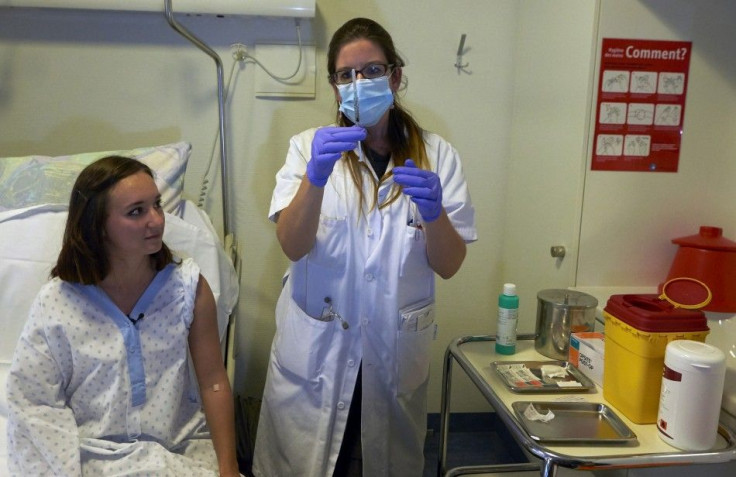A Vascular Leak Drug Could Be The Cure For Ebola

A 38-year-old physician had contracted the deadly Ebola virus in Sierra Leone, West Africa, and an experimental drug known as FX06 that is used for the purpose of battling a condition called vascular leak was used to treat the Ebola patient. In addition to the FX06 drug, the patient received antimicrobial drugs and intravenous fluids.
Doctors in the Division of Infectious Diseases at Frankfurt University Hospital in Germany have said that the drug might help play a role for aiding the Ebola patients to survive longer. The doctors published an article on Dec 19 in the Lancet journal, stating that the drug had helped the physician recover despite the infection having resulted in multiple organs of the Ebola patient failing. The failed organs included the lungs, kidneys and the gastrointestinal tract. He was provided treatment through procedures like dialysis for failure of kidneys.
The researchers, led by Timo Wolf, wrote in the journal that the effectiveness of the drug should be assessed in clinical trials. Their other suggestion was that that there should be a standardised collection of data from the Ebola patients who have received the drug in settings of compassionate use.
Timo Wolf, through an e-mail, said that the drug could be potentially be a valuable candidate for therapeutic purposes. He advised that the research was focused on the intensive care therapy of one patient suffering from the deadly disease. He added that the researchers could not draw a conclusion on the efficiency of FX06 from one case report.
Petra Wülfroth is the acting chief officer of the current developer of FX06, MChE F4-Pharma, in Vienna, Austria. In a telephonic interview with the Chicago Tribune, she said that the drug might help in sealing the walls of the blood vessels in patients suffering from Ebola and might keep them alive for longer so that they could develop the antibodies to fight the deadly virus.
She said that the drug had shown promise, but the developers were facing hurdles. Wülfroth and the other founders of the company are still working on forming the company to resurrect a treatment associated with heart attack that had been undertaken by a European company in 2006.




















